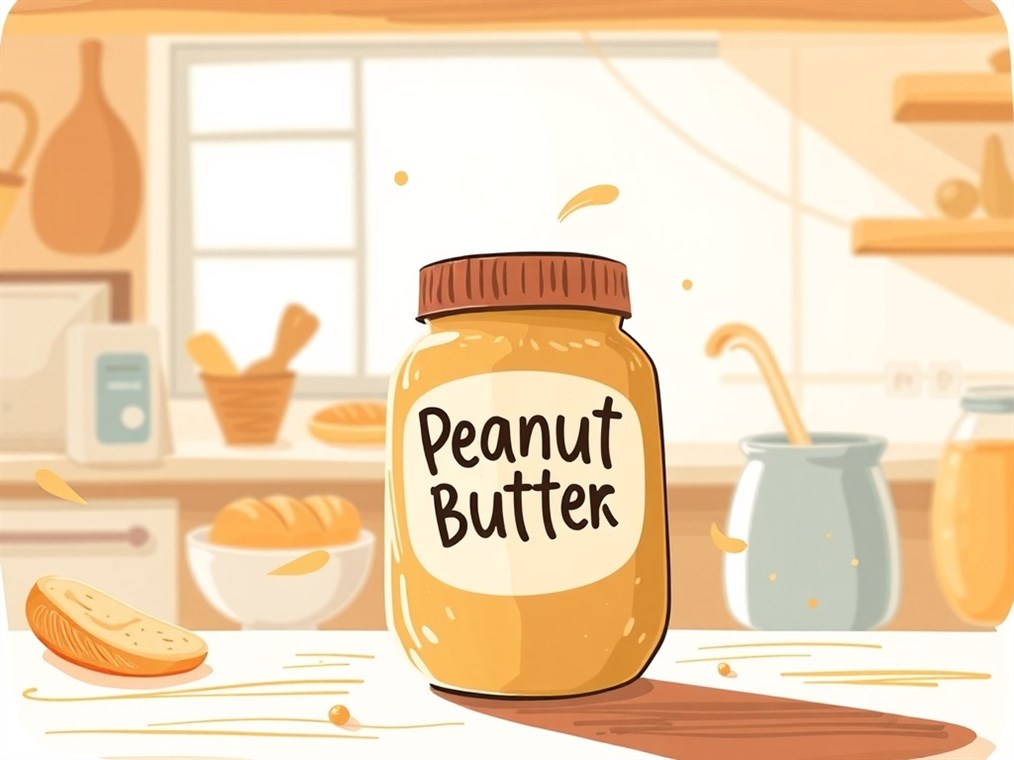Does Peanut Butter Really Go Bad in the Heat? Let’s Get Real.
Okay, so peanut butter. We all love it, right? That creamy, nutty goodness is a pantry staple for a reason. But have you ever wondered if that jar sitting in your cupboard is slowly turning into something…less delicious? Specifically, does heat make peanut butter go bad?
Well, the simple answer is yes, heat can mess with your peanut butter. But it’s not quite as dramatic as, say, milk souring on the counter. It’s more subtle than that.
Think of it this way: peanut butter is basically ground peanuts, maybe with some oil, salt, and a touch of sweetness thrown in. Some brands also sneak in stabilizers – those sneaky ingredients that keep the oil from separating and turning your jar into a two-layer science experiment. On the other hand, you’ve got the “natural” stuff, which is usually just peanuts and maybe a pinch of salt. That’s it.
So, what happens when things heat up?
First off, you might notice the oil separating. You know, that layer of oil that pools on top? It’s totally normal, especially with natural peanut butter. No biggie, just give it a good stir and you’re good to go.
But here’s the real issue: rancidity. Peanut butter is packed with fats, and those fats can go bad when exposed to heat, light, and air. It’s like when you leave olive oil open too long – it starts to taste…off. Rancid peanut butter will have a weird, bitter, almost metallic taste and smell. Trust me, you’ll know it when you taste it. It’s not a pleasant surprise.
Now, how long your peanut butter lasts really depends on a few things. Commercial brands, with all their additives, can usually hang out in the pantry for 6-9 months unopened, and a couple of months after you crack the seal. But if you’re storing it in a hot kitchen, those numbers can drop fast. And natural peanut butter? Well, it’s even more sensitive.
So, how do you know if your peanut butter has kicked the bucket?
Give it a sniff. Does it smell…funky? Take a tiny taste. Bitter? Metallic? Toss it. Seriously, it’s not worth it. And check the color and texture. If it’s super dark, dry, or hard, that’s another bad sign.
Look, you’re probably not going to get sick from eating a spoonful of slightly-off peanut butter. But why risk it?
Here’s the golden rule: store your peanut butter like you care about it.
Think cool, dark, and airtight. A pantry or cabinet is perfect. Direct sunlight is the enemy.
Some people swear by refrigerating their peanut butter, especially the natural kind. It definitely helps it last longer, especially in hot and humid climates. The downside? It gets pretty stiff, so be prepared for some serious spreading action.
And pro tip: always use a clean spoon or knife when you’re digging in. You don’t want to introduce any unwanted bacteria into the jar.
Ultimately, whether you go for the conventional or natural stuff is up to you. Just remember that natural peanut butter is a bit more high-maintenance.
So, there you have it. Heat can ruin your peanut butter buzz. But with a little bit of smart storage, you can keep that nutty goodness fresh and delicious for months to come. Now, if you’ll excuse me, I’m suddenly craving a peanut butter sandwich…

